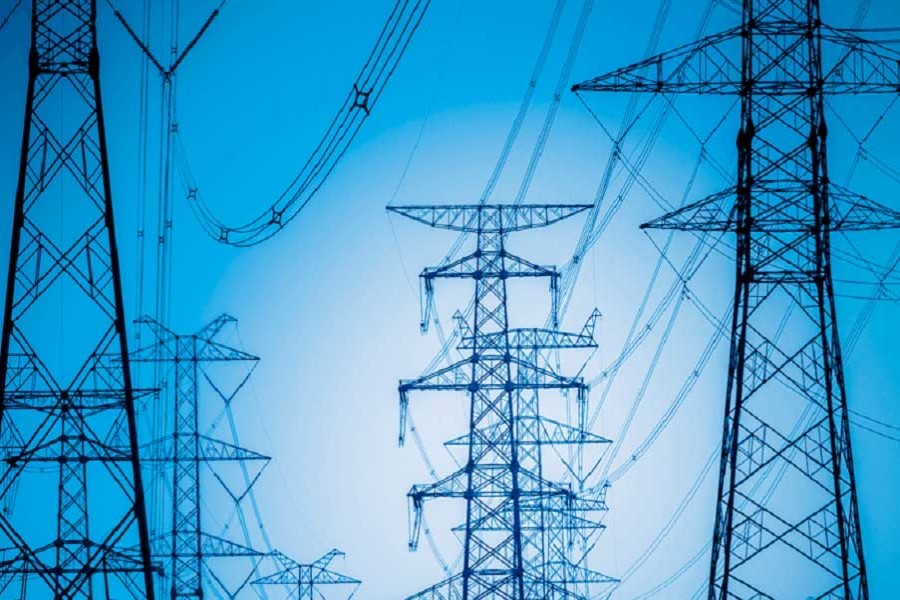It is not long ago when power outage, popularly known as load-shedding, had reached its extreme point. Industries, commercial establishments and residential houses had to go without power for a considerable period of time, particularly during the summer season. Frequent load-shedding used to cause immense sufferings to people and take a huge toll on the economy.
However, the power shortage is no more a problem, but its abundance is. The excess power generation capacity created through imprudent measures has lately emerged as a burden on the economy, to be precise, on the taxpayers.
As a stop-gap arrangement, the government first allowed the installation of a number of rental power plants under a special piece of legislation that many tend to believe contains a few non-transparent provisions.
Though the law was enacted in 2010 for a period of two years, its effectiveness has been extended until October 2021 through repeated amendments. In the meanwhile, the number of cost-intensive private rental and other power plants has gone up to an unmanageable proportion.
The power situation prior to 2010 was so bad that the government had to something to beef up generation within the shortest possible time. It had gone for short-term solution like allowing small rental power plants, but some provisions of the contracts signed with the private operators of these plants proved to be highly biased towards the latter. The provision of capacity payment remains the most controversial one.
There is no denying that the country needed enough power to keep the wheels of its economy moving. But the expansion of power generation capacity should have been accomplished according to a well-knit plan keeping in view the demand for power both in the short-term and long-term. Moreover, it was essential to take note of the captive power generation capacity available with many private industrial installations.
While allowing addition of new power generation capacity through expensive private rental power plants and independent power producers (IPPs), it remains imperative for the relevant policymakers to consider the private investment trend in the country. Unfortunately, the private investment growth has been more or less stagnant in recent years.
So, the demand for reviewing the situation in the power sector has been rising in recent times. A virtual dialogue, organised by the Centre for Policy Dialogue (CPD), on Wednesday last underscored the need for immediate streamlining of the power sector, in terms of its overcapacity.
The keynote paper presented at the event noted that the country had 40 per cent overcapacity in power generation and the government is required to pay nearly Tk.94 billion annually to the private power plants as 'capacity payment'. It said the country's reserve capacity is now 63 per cent of its total power generation while the global standard rate is 25 per cent and 10 per cent in developing countries.
The ongoing pandemic could be the number one reason for the reserve capacity going up, but even during the normal time, more than one-third of the generation capacity remains idle.
So, the government does need to look into the situation in the power sector and should do the needful to reduce its cost-burden.
The CPD dialogue has suggested to do away with cost-intensive oil-based power plants and annul or defer implementation of future coal-fired power plants.
The consumers are now satisfied that the power supply is uninterrupted, but they also have an aggrieved feeling that power tariff is too high.
The government might react instantly saying the rates are lower than many countries in the region. However, if the volume of subsidy that the taxpayers, who are also power consumers, are made to pay annually on account of irregularities and mismanagement, is taken into account, the power tariff would be much higher than what is shown officially.


